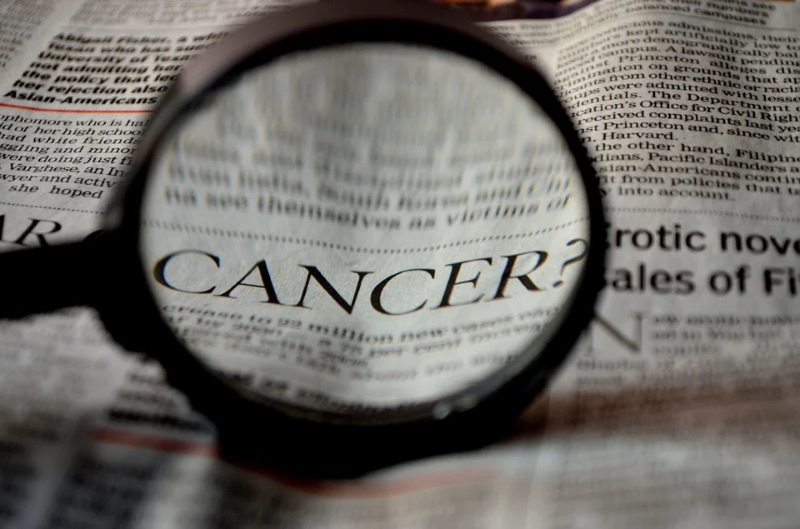Arcus preps more phase 3 trials for TIGIT antibody, as Gilead opt-in beckons

Armed with a positive mid-stage trial readout in lung cancer, Arcus Biosciences will expand a phase 3 programme for domvanalimab, its anti-TIGIT antibody. Details from the ARC-7 study of domvanalimab as a first-line treatment for PD-L1-positive, advanced non-small cell lung cancer (NSCLC) remain scanty, but Arcus said that the results were "encouraging" enough to warrant more pivotal trials. The biotech will also be hopeful that the results could prompt a buy-in to domvanalimab from Gilead Sciences, which took an option on the drug as part of a decade-long, $2 billion alliance agreed with Arcus a year ago. If Gilead does so, Arcus stands to receive an upfront payment of up to $275 million, with another $500 million in milestones at the back end. TIGIT assets have become hot property in the pharma industry, attracting some sizeable deals including GlaxoSmithKline's $2 billion licensing of iTeos Therapeutics' EOS-448 earlier this month, with $645 million paid upfront. That came a few weeks after Bristol-Myers Squibb paid $200 million upfront for rights to AGEN1777, a TIGIT drug developed by Agenus in a deal that could be worth up to $1.56 billion. At the moment, Roche seems to be leading the TIGIT charge, developing a combination of tiragolumab with its PD-L1 immunotherapy Tecentriq (atezolizumab) in two phase 3 lung cancer trials. It claimed an FDA breakthrough designation for the duo earlier this year as a first-line therapy for NSCLC. ARC-7 is testing domvanalimab alongside Arcus' PD-1 inhibitor zimberelimab and as a triple therapy with zimberelimab and adenosine receptor antagonist etrumadenant, with another arm receiving the PD-1 drug as a monotherapy. Zimberelimab "showed activity similar to that of marketed anti-PD-1 antibodies studied in this setting," said Arcus' chief medical officer Bill Grossman. Enrolment is already underway in Arcus' first phase 3 trial of domvanalimab – ARC-10 – but the California biotech said that "preparations for additional phase 3 studies are underway for domvanalimab-based combinations across various cancer types." Shares in the company have risen sharply on the announcement, but there is still debate about the potential of domvanalimab, focusing somewhat esoterically on the conformation of the antibody. Antibodies consists of two components – called Fab and Fc – with Fab handling targeting of the molecule and Fc responsible for function. Domvanalimab has an inactivated Fc domain, while tiragolumab and AGEN1777 are Fc-enhanced – in other worlds they have been engineered to increase their anti-tumour potency. BMS' decision to license AGEN1777 despite having its own TIGIT drug in development – which is Fc-inactivated – has led to speculation that Fc-enhanced may be better, although there's little evidence for that view for now. Arcus is developing its own Fc-enhanced antibody, called AB308, but that is back in preclinical development.











